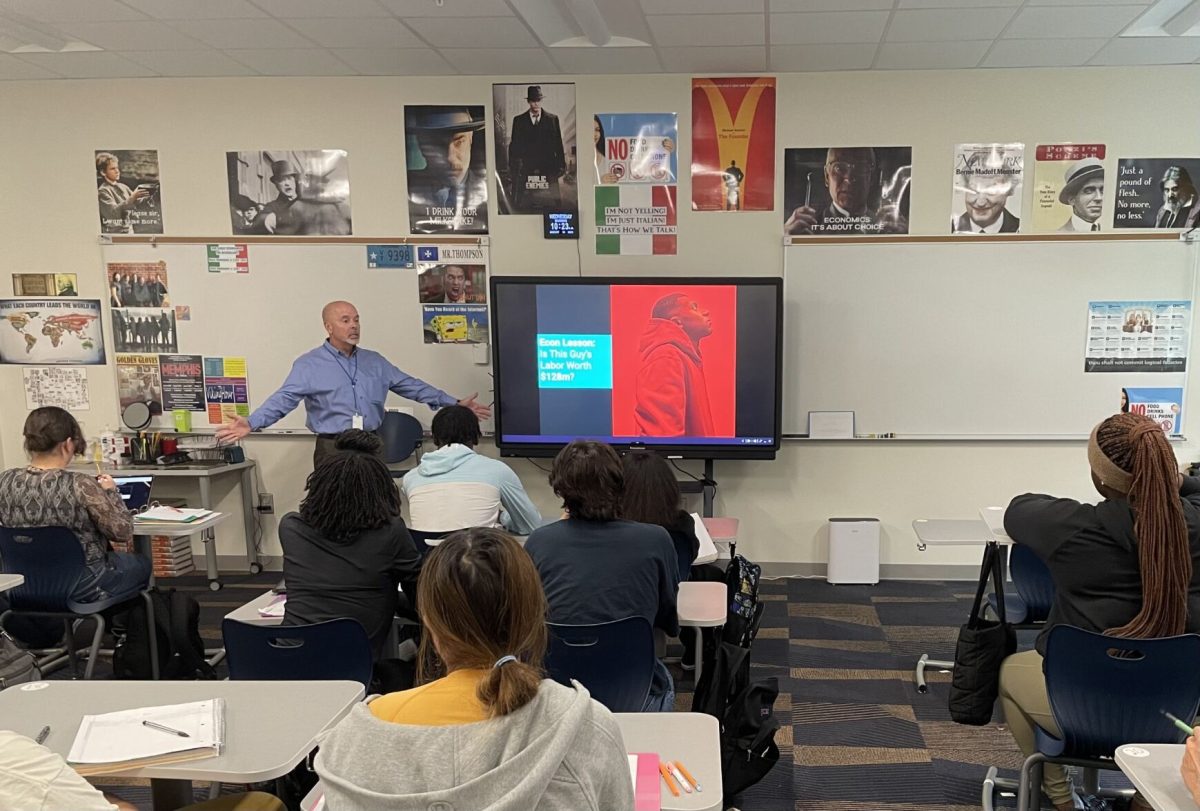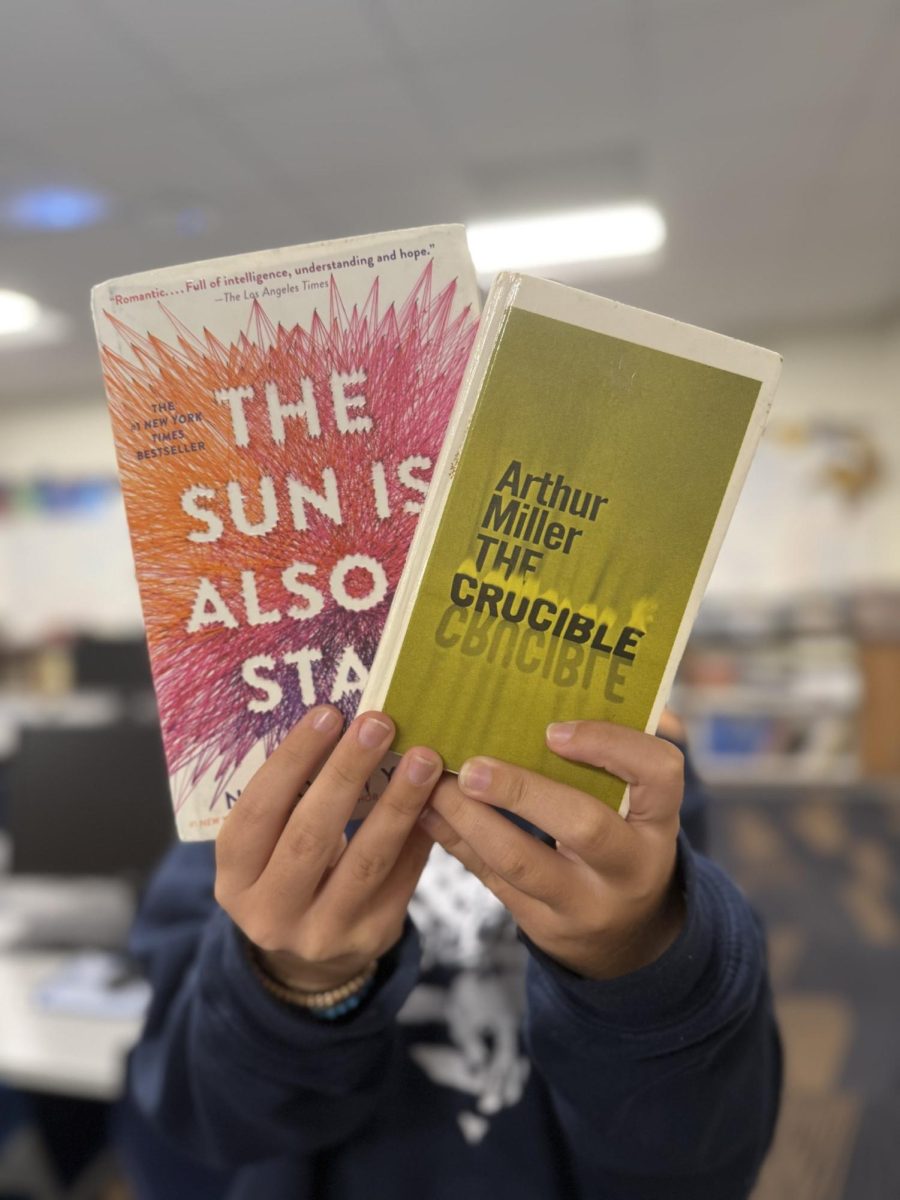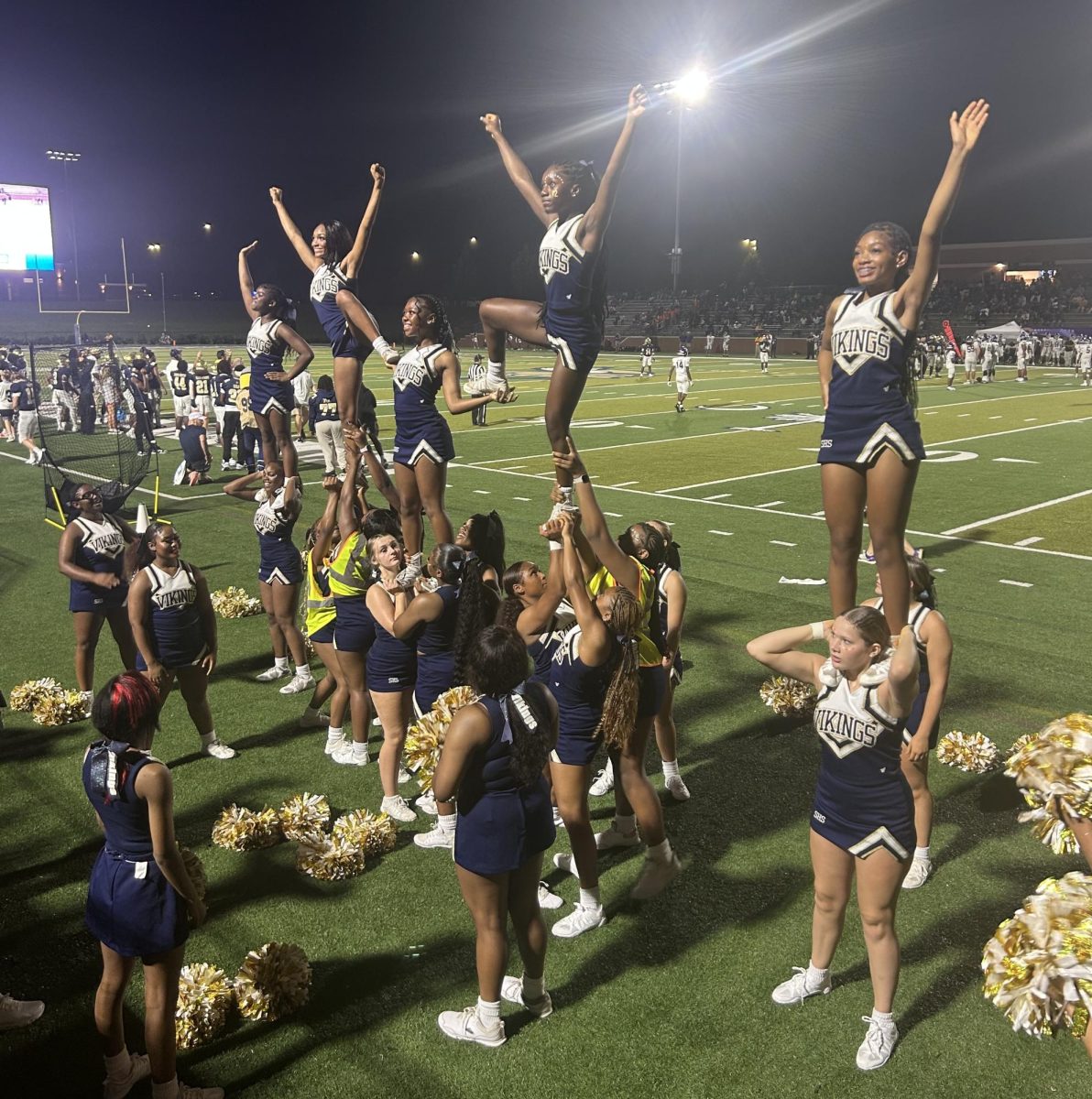As a child, everyone dreams of doing the thing they love most – and getting paid to do it. For many people, their lifelong dream is to be a professional athlete. While only a select few make it to the highest level, those who do are rewarded for their hard work, now more than ever.
Recently, professional athletes are receiving more money than ever for their work. According to CNN, in 1990, the average Major League Baseball player made around $1.4 million per year (with inflation accounted for) and in 2022, the average MLB salary was $4.4 million. So, what is causing this huge increase in contract money? It is due in part to the increase of instant streaming services that allow consumers to access live sports from many different platforms.
For instance, the viewership of the men’s FIFA World Cup Final rose from 1.12 billion in 2018 to 1.5 billion viewers in 2023. One of the players for France’s national team, Kylian Mbappé, was offered a $1.1 billion dollar contract from the Paris Saint-German Club. If accepted, this would be the largest sports contract in history, with an average annual salary of $128 million.
Ruben Falcon (12) is a soccer player who always enjoys watching the World Cup.
“I think that these professional athletes are getting paid a proper amount because they bring in so much money for their sports teams. Players like Mbappé are the best of the best and should rewarded for their hard work and dedication,” Falcon said.
Despite the massive amounts of money that a lot of professional athletes receive, some athletes still think they are not paid enough. Recently, National Football League running backs such as Josh Jacobs, Johnathan Taylor and Austin Ekeler have “held out” for a bigger contract. Holding out is where a player refuses to practice or play for their team until a certain request is met. While holdouts have been seen in basketball, baseball, hockey and football, it is most common with NFL running backs due to the general underappreciation that NFL franchises have for this prominent position.
Even though millions of people watch professional athletes daily, often fans do not agree with the high dollars that these athletes receive. Opponents argue that social service professions should be paid the most, or that athletes get paid even when they do not do their job. However, the other side argues that athletes create jobs for people like managers, camera operators and commentators, and they bring in money for their franchise.
Tony Thompson is an economics teacher who thinks that the economic market decides how much money athletes get paid. Thompson likes to talk about Kylian Mbappé’s contract in his Honors Economics class.
“Kylian Mbappé’s super-rich contract is a classic example of market economics: a producer of a thing will ask for the highest price consumers will pay,” Thompson said. “Mbappé is the producer. His club is the consumer. We might think his $128 million deal is excessive, but it became Mbappé’s fair market value when Paris Saint-Germain agreed to pay it.”
Luke Chapman (12) enjoys watching football, and he agrees with Thompson.
“I think it is ethical to give the top athletes mega-contracts because it inspires people to work hard to achieve their dreams,” Chapman said.








